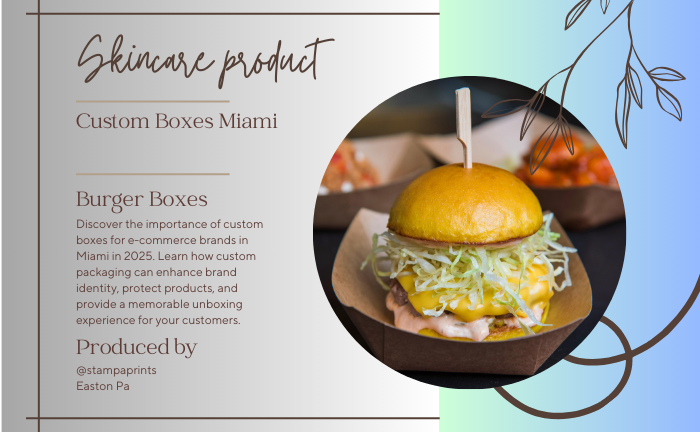The Science Behind Teeth Staining & How to Prevent It

A bright, white smile is a sign of health and confidence. But over time, most people notice that their teeth gradually lose their natural whiteness and develop yellow or brown stains. This discolouration isn’t just cosmetic—it reflects complex interactions between your lifestyle, oral hygiene, and even your body chemistry.
In this guide, we break down the science behind why teeth stain, the types of discolouration, and proven ways to prevent it—including the most effective teeth whitening options available in London today.
What Causes Teeth to Stain?
Extrinsic vs. Intrinsic Stains
Teeth staining comes in two primary forms:
- Extrinsic stains: These affect the outer surface of the tooth (the enamel) and are usually caused by external sources like coffee, wine, or smoking.
- Intrinsic stains: These occur inside the tooth, often due to trauma, medication, or enamel thinning that exposes the dentin beneath.
Understanding the type of staining is key to choosing the right whitening treatment.
Lifestyle Factors
Many common habits contribute to tooth discolouration, including:
- Coffee, tea, and red wine – all contain chromogens that bind to enamel
- Smoking and tobacco use – a major contributor to yellow and brown staining
- Dark-coloured foods like soy sauce, tomato sauce, and curries
- Poor oral hygiene – plaque and tartar build-up trap more staining agents
Ageing and Enamel Erosion
As we age, enamel naturally thins, revealing the yellowish dentin layer underneath. This means even with perfect oral hygiene, some degree of discolouration is inevitable.
The Chemistry of Staining: How It Actually Happens
Porosity of Enamel
Tooth enamel might feel smooth, but under a microscope, it’s full of tiny pores. These pores can trap pigments from food, drink, and smoke, leading to gradual staining.
Chromogens, Tannins, and Acids
Three key compounds play a role in staining:
- Chromogens: Pigment-producing compounds found in many foods and drinks
- Tannins: Found in wine and tea, they enhance the bonding of chromogens to enamel
- Acids: Present in citrus, soda, and vinegar-based foods, they erode enamel, making it more porous and stain-prone
Role of Saliva and pH
Saliva is your mouth’s natural defence against staining. It neutralises acid and washes away food particles. When your mouth is dry or acidic, staining becomes more likely.
Medical and Dental Causes of Tooth Discolouration
Medications
Some medications can cause intrinsic tooth discolouration:
- Tetracycline antibiotics, especially when taken during tooth development
- Antihistamines and chemotherapy drugs may also affect enamel colour
Dental Fluorosis and Genetic Conditions
Excessive fluoride during early childhood can lead to fluorosis, which appears as white or brown spots on the teeth. Some people also inherit enamel defects that cause staining.
Trauma and Root Canal Treatments
A blow to a tooth or root canal procedures can result in internal bleeding, which discolours the tooth from within. These types of stains usually require professional intervention.
How to Prevent Teeth Staining Daily
Food and Drink Modifications
- Use a straw for cold drinks like iced coffee or cola
- Rinse your mouth with water after consuming staining foods
- Brush at least 30 minutes after eating to avoid damaging enamel
Oral Hygiene Practices
- Brush twice a day with a fluoride toothpaste
- Floss daily to remove plaque between teeth
- Clean your tongue, where many chromogens accumulate
Professional Dental Cleanings
Even with good brushing, plaque and tartar build-up can trap stains. Seeing a dental hygienist every 6 months helps remove stubborn surface stains before they become permanent.
At-Home Whitening vs. Professional Treatments
Whitening Toothpastes and Kits
These may temporarily remove surface stains, but they often fall short on deeper discolouration. Some can even cause tooth sensitivity or gum irritation if used incorrectly.
Why Professional Whitening Works Better
Dentists use high-concentration hydrogen peroxide or carbamide peroxide formulas that penetrate the enamel safely and effectively. Customised trays and in-clinic supervision reduce the risk of damage and ensure results.
Is Whitening Safe for Sensitive Teeth?
Yes. Dentists offer sensitive-friendly options, including fluoride post-treatment gels, slower-acting formulas, and desensitising agents during the procedure.
Teeth Whitening Options in London
In-Clinic Whitening
Treatments like Zoom Whitening or laser whitening offer dramatic results in just 1 hour, making them ideal for busy Londoners.
Take-Home Whitening Trays
Custom-fitted trays provided by your dentist allow for gradual, controlled whitening over 10–14 days. They’re great for those who prefer home treatment with professional oversight.
How Long Do Results Last?
Professional whitening can last 6 to 12 months, depending on your lifestyle. Regular brushing, touch-up treatments, and avoiding staining habits help maintain results longer.
FAQs About Teeth Staining and Whitening
Can all stains be whitened?
Extrinsic stains usually respond well to whitening. Intrinsic stains may need multiple sessions or alternatives like veneers.
Is staining always cosmetic?
No. In some cases, staining may indicate decay, trauma, or enamel defects. It’s always best to consult a dentist.
How soon can I eat or drink after whitening?
Avoid coloured foods or drinks for at least 24 hours post-treatment to maintain results.
What’s the safest option for long-term results?
Professional whitening, under the supervision of a qualified dentist, offers the safest and most effective results.
Conclusion
Teeth staining is a natural part of life—but it doesn’t have to be permanent. By understanding the science behind what causes discolouration and taking steps to prevent it, you can maintain a whiter, brighter smile for years to come. And when stains do build up, modern whitening treatments offer safe, effective solutions.
For professional results tailored to your smile, visit here for teeth whitening in London. Your journey to a brighter, healthier smile starts with expert care.











